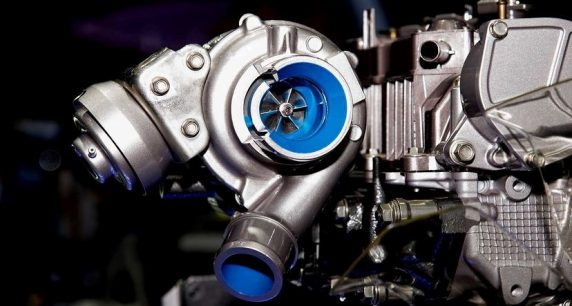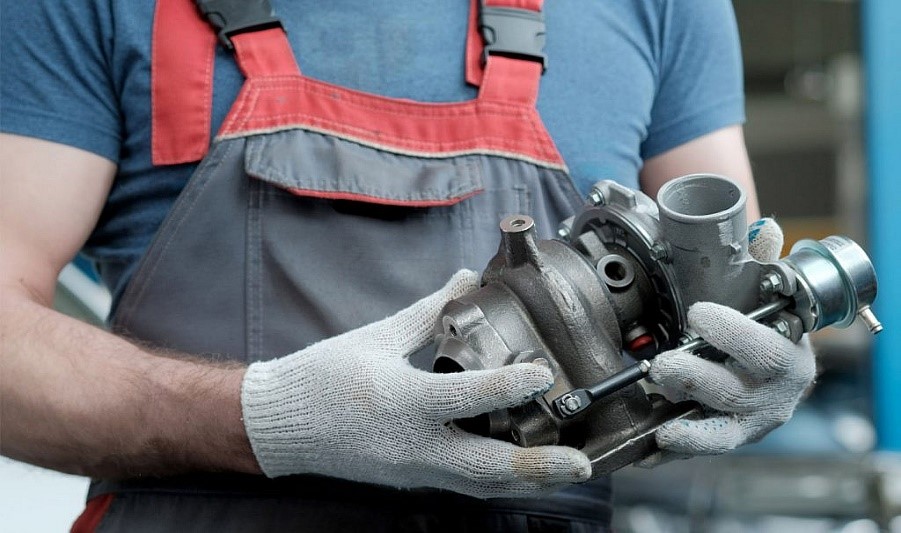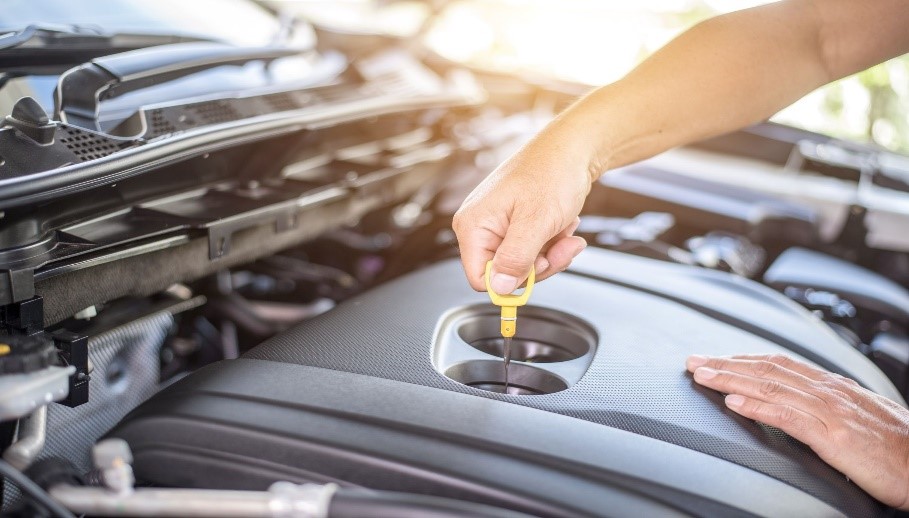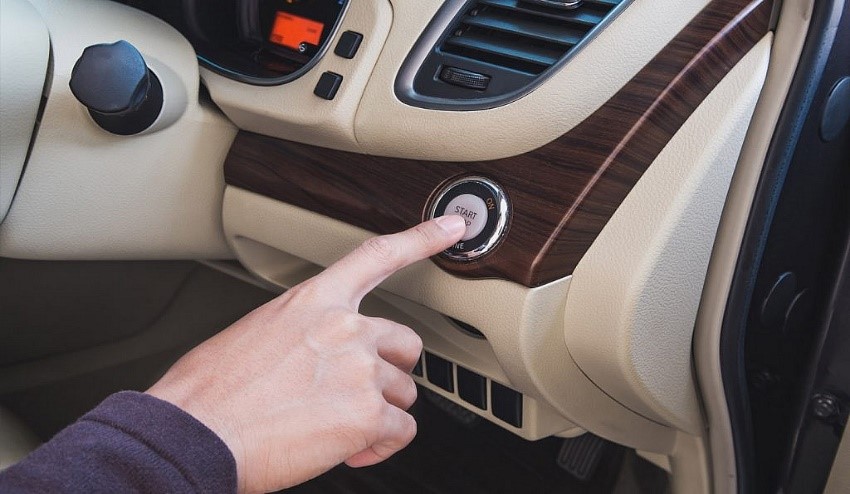Ways to Protect Your Turbo Engine

All car components are prone to damage and breakdown, and car turbos are no exception. Taking care of the car’s turbo requires extra attention to avoid future expenses. Therefore, to avoid trips to the mechanic and unwanted expenses, get to know some tips to protect your turbo engine.
The car’s turbo is a mechanical element that is added to internal combustion engines. The turbo uses the exhaust gasses to inject oxygen into the cylinders. Hence, it is necessary to guarantee the durability of the car’s turbo, through careful and responsible use.
In this blog, we have compiled some essential tips for the maintenance of a turbo engine. Read on and find them out.
ESSENTIAL TIPS TO PROTECT TURBO ENGINE

A car turbocharger is considered to have more energy and greater efficiency. The development of a turbocharger was designed to ensure the same uptime as an engine. This ultimately reduces fuel consumption and extends the engine’s life.
Besides, know the pros and cons of turbocharging before you plan to buy a car with a turbocharged engine.
LET THE ENGINE WARM UP BEFORE DRIVING
One of the first tips to take care of your car’s turbo is to avoid rapid thermal variations. These are the ones that can affect both the operation of the turbo and other moving parts.
Therefore, wait approximately 10 seconds and warm up your car before start driving. This waiting period will help engine oil to reach the turbo and lubricate all the moving components of the engine. The process guarantees the maximum efficiency and performance of the turbo engine.
DO NOT ACCELERATE TO FULL THROTTLE WHEN THE ENGINE IS COLD
Avoid driving a car when the oil level is low
As long as the engine does not reach its ideal circulation temperature (approximately 90º), do not accelerate your car to the maximum. While you feel that the engine has not reached this temperature, avoid accelerating or changing gears at high rpm as much as possible
If the car’s oil is cold, it will be more viscous and consistent, so it will not reach all areas of the engine with the same ease. In these cases, as the turbo is an extremely sensitive part of cars, specific care must be taken into account.
Likewise, other car components will suffer from a lubrication deficit if the amount of oil in the car is insufficient. For this reason, you should avoid driving with low oil levels.
DO REGULAR MAINTENANCE

Nothing is better than preventive maintenance of turbo. Keep in mind that the oil contaminates with time. For example, you must change the engine oil if it is every 10,000 km or 6 months. Also, low-quality lubricants may not provide maximum protection for your engine. Hence, the quality of the oil must also be taken into account.
PAY ATTENTION TO THE OIL LEVEL

You can check the oil level via dipstick
Some components in your car may not be properly lubricated if the amount of oil is not enough. Be aware of the minimum oil limit and if you notice that your car is consuming more oil than normal, get it checked as soon as possible and avoid an even greater expense.
DON’T TURN OFF THE CAR RIGHT AFTER YOUR TRIP
Shutting down the car right after a trip will cause the lubrication of moving components such as the turbines to stop abruptly. This could cause severe damage to your car’s engine. This is one of the procedures that we must always take into account to take care of the engine, especially when they are new.
The turbo works at its maximum during long journeys or high speeds. It is recommended that you wait approximately 30 seconds to turn off the car. It will allow the turbines to reduce their rotations and, consequently, for the lubricants to gradually lower the temperature of the turbo.
DO NOT ACCELERATE BEFORE TURNING OFF THE CAR

Pressing accelerator immediately before turning off the car can damage turbo engine
Do not press the accelerator immediately before turning off the car. This will cause the turbines to increase their rpm. Also, when the ignition is turned off and the lubricant circuit is cut, the turbines run out of lubricant while they continue to turn. This can put a strain on the bearings and cause turbocharger failure due to friction.
With this, we conclude our guide on the tips to protect the car’s turbo engine. The turbocharged engine improves performance without sacrificing power, therefore it is an engine that requires special care when compared to an aspirated engine.
However, it is crucial to make sure that the engine of each vehicle will only have a good life cycle if all these tips are properly complied with daily by each driver. Also, note that you should consult an expert if you notice that your vehicle is consuming more oil than normal.



